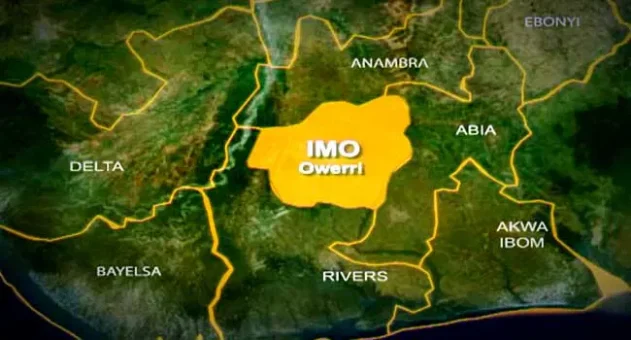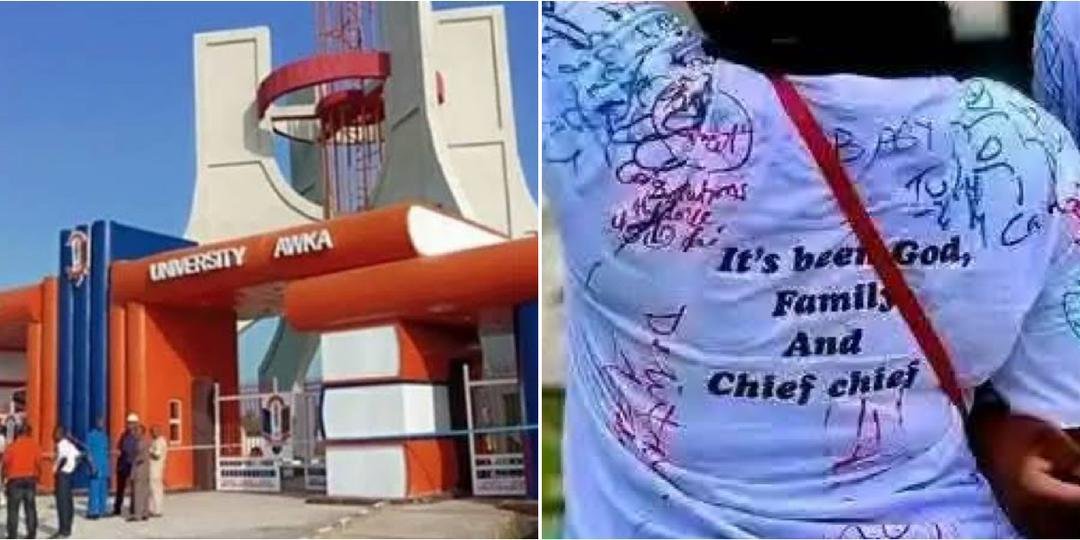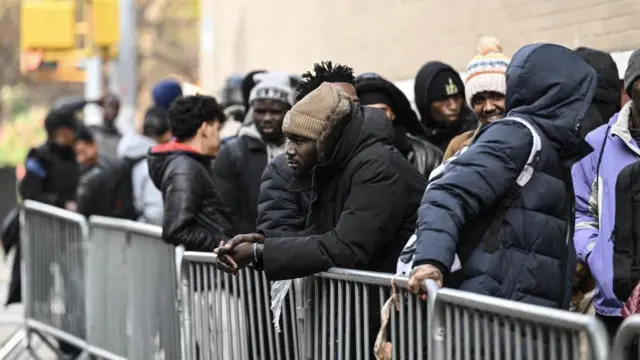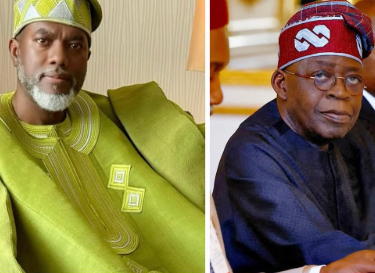A shocking new report has surfaced claiming that several West Africans deported from the United States and routed through Ghana have been abandoned in Togo without legal documents or support. The revelation has sparked outrage among lawyers and human rights advocates, who are calling for immediate investigations into the alleged violations.
According to lawyers who spoke to AFP, these deportations are part of former US President Donald Trump’s broad immigration removal programme, which has faced widespread criticism for its lack of transparency and alleged human rights abuses. The situation gained attention after Ghana’s President John Mahama confirmed earlier this month that his government had reached an agreement with Washington to accept some deportees from the region.
However, reports now indicate that at least eight to ten individuals have been transported from Ghana and allegedly dumped across the border in Togo, near the Aflao crossing close to Lomé, without passports or identification.
“The situation is terrible,” said Benjamin, a Nigerian deportee who used a pseudonym for fear of reprisals. “I’m crammed in a small hotel room with three other deportees, surviving only on money sent by relatives in the US.”
Benjamin, who reportedly won a court ruling blocking his deportation to Nigeria on safety grounds, said he was beaten by US Immigration and Customs Enforcement (ICE) officers after refusing to board a military plane. Despite the ruling, he was ultimately flown to Ghana and later left stranded.
Another deportee, Emmanuel, a Liberian who fled his country’s civil war in the 1990s and was granted asylum in the US, told AFP he faced a similar ordeal.
“We are in hiding right now because we have no type of documents, ID whatsoever,” Emmanuel said.
Both men, who were green card holders married to American citizens, claim they spent over two weeks under military guard at Ghana’s Dema Camp before being driven to the border and left there. They described the conditions as harsh and unsafe, citing extreme heat, mosquito infestations, and contaminated water.
Human Rights Concerns Grow
Lawyers representing the deportees say that at least 28 individuals have been flown to Ghana so far. The first batch of 14 reportedly included several people whose deportation orders had been blocked by US immigration judges due to fears of persecution if returned to their home countries.
One particularly troubling case involves a bisexual man from Gambia, who was said to have been immediately deported onward by Ghanaian officials, despite the severe risks he faces in a country where same-sex relationships remain criminalized.
US-based immigration attorney Meredyth Yoon condemned the practice, describing it as a “loophole” that allows Washington to circumvent court protections by sending deportees to Ghana first, where they can then be quietly transferred to their countries of origin.
“This arrangement is a clear violation of international human rights standards,” Yoon said. “It exploits a grey area in the system, leaving vulnerable individuals unprotected.”
UN and Global Reactions
The United Nations Human Rights Office has urged Ghana to halt all onward deportations of individuals who may face torture, imprisonment, or persecution upon returning to their home nations.
In response to inquiries, the US State Department told AFP that it would “pursue all appropriate options to remove aliens who should not be in the United States.”
However, both Ghanaian and Togolese authorities have so far declined to comment on the allegations.
Conclusion
The disturbing reports underscore growing fears about the human cost of international deportation policies, particularly when vulnerable migrants are caught in bureaucratic loopholes that strip them of identity and protection. As human rights organizations press for accountability, the fate of these West African deportees left stranded in Togo remains uncertain.


















